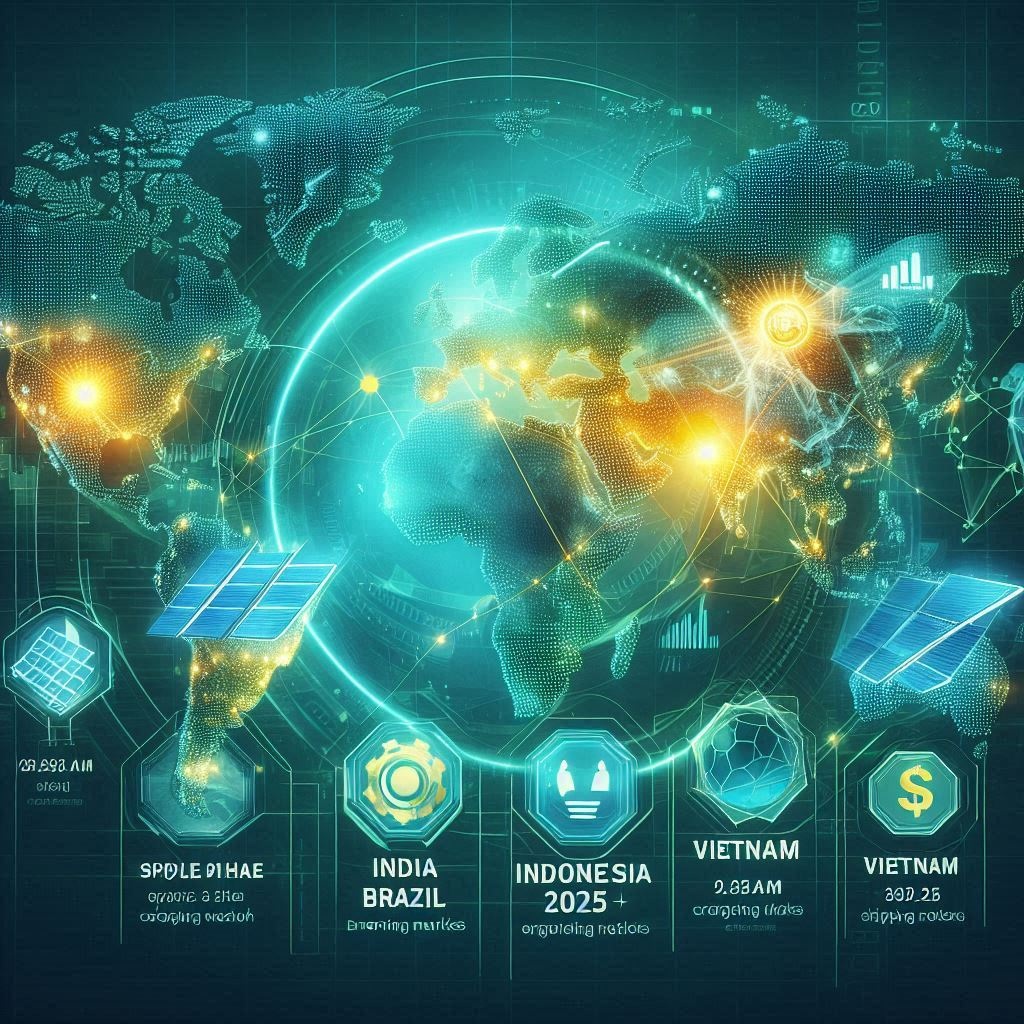In 2025, inflation continues to reshape the financial landscape, disproportionately affecting Millennials and Gen Z. Rising costs for essentials like housing, education, and food are forcing these generations to adapt their lifestyles and financial strategies. This article explores the challenges they face, the coping mechanisms they employ, and the broader implications for society.
The Impact of Inflation on Millennials and Gen Z
- Housing Costs: Rent prices have surged globally, making homeownership increasingly unattainable for young adults.
- Education Expenses: Tuition fees and student loan interest rates have risen, adding to the financial burden.
- Daily Essentials: The cost of groceries, transportation, and healthcare has skyrocketed, leaving less room for savings.
These factors are creating a financial squeeze that limits opportunities for wealth accumulation and long-term stability.
Coping Mechanisms
- Side Hustles: Many young people are taking on freelance work or second jobs to supplement their income.
- Budgeting Apps: Digital tools are helping Millennials and Gen Z track expenses and prioritize spending.
- Shared Living: Co-living arrangements are becoming popular as a way to reduce housing costs.
- Financial Literacy: Online courses and communities are empowering young adults to make smarter financial decisions.
These strategies highlight the resilience and adaptability of younger generations in the face of economic challenges.
Broader Implications
- Delayed Milestones: Many Millennials and Gen Z are postponing major life events like marriage, starting families, or buying homes.
- Mental Health Concerns: Financial stress is contributing to increased anxiety and burnout among young adults.
- Economic Shifts: The spending habits of these generations are influencing market trends, with a focus on affordability and sustainability.
Conclusion
Inflation in 2025 is reshaping the lives of Millennials and Gen Z, forcing them to rethink their financial priorities and adapt to a challenging economic environment. By understanding their struggles and supporting their efforts, society can work toward creating a more equitable future.




